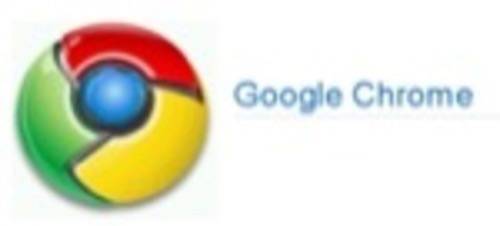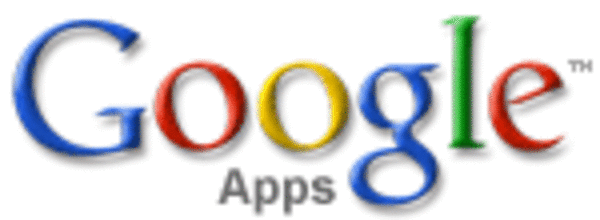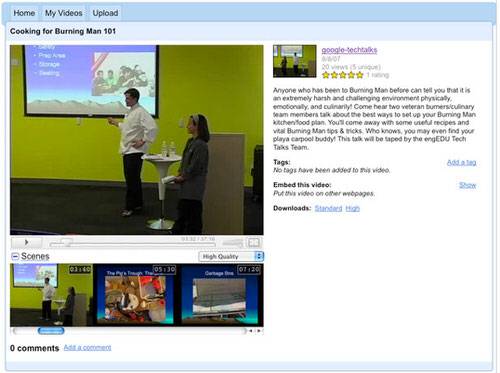Join us now for our weekly review of Web Technology news. This week was dominated by the launch of Google’s new open source browser Chrome. As the Ed tweeted during the week: how often does a major Internet company launch a brand new browser? Check out our extensive coverage and analysis below.

This week we also reported on another major announcement from Google: a YouTube-like app for Google Apps. Finally, check out our poll – it asked our readers what word processing tool they mostly use. The results may surprise you…
Google Launches Open Source Web Browser, Chrome
In what may be the story of the year in Web tech, this week Google launched Chrome, its open source app browser. Can Chrome kill IE? Will it kill Firefox? Or will it go the way of Google Base, Google Sites and other Google Flops? The browser became available for Windows users in 100 countries and 43 languages this week. It’s Live now at google.com/chrome.
As mentioned, we at ReadWriteWeb extensively analyzed this big news. Here is our coverage…
Chrome News Leaked in Comic Book Form
The news first leaked on Monday morning via Google watchdog Phillipp Lessen, who scanned and posted a printed comic he received in the mail from Google. You can view it here. In the comic, Chrome was framed as a browser for applications instead of just web pages.

Test Drive Google Chrome With RWW
As soon as Chrome was made available as a download, the ReadWriteWeb team took the new browser for a spin. We walked through it live and shared our screen as soon as the browser became available. The video of our session is posted below. Thanks to DimDim for help with this.
You can also see the slideshow from the press conference here:
Does Google Have Rights to Everything You Send Through Chrome?
Our coverage of Chrome initially touched on issues like browser performance and business implications for Firefox – but one thing we picked up on shortly after was a curious section of the Chrome Terms of Service.

The terms include a section giving Google “a perpetual, irrevocable, worldwide, royalty-free, and non-exclusive license to reproduce, adapt, modify, translate, publish, publicly perform, publicly display and distribute any Content which you submit, post or display on or through, the Services.” That seems pretty extreme for a browser, doesn’t it?
Later in the week Google removed the offending section of the Terms of Service. It seems that the default Google service TOS includes these kinds of claims, even though they may not be as appropriate in some circumstances as in others. We’re not sure when such claims would be justified but we’re glad they’ve been removed from Chrome. Here’s the original version of the End User Licensing Agreement.
Note: be sure to check the comments of this post for a rigorous debate!
See also:Google and Privacy: A History and It’s Time for a New Terms of Service Regime
Serious Security Flaw in Google Chrome
It wasn’t all good news for Google. Ryan Narraine, a security evangelist at Kaspersky Lab, reported that Chrome also inherited a potentially serious security flaw from the old version of WebKit it is based on. An attacker could easily trick users into launching an executable Java file by combining a flaw in WebKit with a known Java bug and some smart social engineering. Security expert Aviv Raff, who first discovered this flaw, set up a demo of the exploit here. (Note: This page will automatically download a Java file onto your desktop). You can safely click on the download, as it only opens up a notepad application written in Java.
But Wait, There’s More…
- Video of Google Chrome Announcement
- Chrome Is Coming To Android
- Chrome To Get Extensions – Just Not Yet
- Chrome: 1% Market Share In Less Than a Day
- Chrome Not Ready For Enterprise
Did Anything Else Happen This Week?
Google Video for Business Launches: YouTube for Enterprise
This week Google launched a new product for the enterprise market, Google Video for business. It’s a new application in the Google Apps office suite, enabling workers to upload and share videos inside their organizations. Videos can be shared on an individual, group or company-wide basis. Google sees it being used for such things as executive communications, product training, trip reports, “social videos” for the company intranet.

We think this has the potential to break open the Web Office market, because up till now nobody has done rich media for the enterprise as an easy to use browser-based package. Google Video for Business manages to do this, mostly because of YouTube’s influence.

SEE MORE WEB PRODUCTS COVERAGE IN OUR PRODUCTS CATEGORY
Web Trends
Poll: Which Word Processing Tool Do You Mostly Use?
We ran a poll a year ago asking which word processing tool you used the most. What we were really driving at was: how many of you are using an online word processing service (Google Docs, Zoho, ThinkFree, etc) as your main tool, instead of a traditional desktop one (MS Word, OpenOffice, etc). We ran the same poll this year:

The best of the online word processers was still, you guessed it, Google with their Docs program at 17% at time of writing. But Microsoft still dominates this market, polling at 48% of our readers using it as their main tool.
For further analysis of the poll results, see: Word Processing: Most of You Still Use Desktop Software
SEE MORE WEB TRENDS COVERAGE IN OUR TRENDS CATEGORY
That’s a wrap for another week! Enjoy your weekend everyone.

















